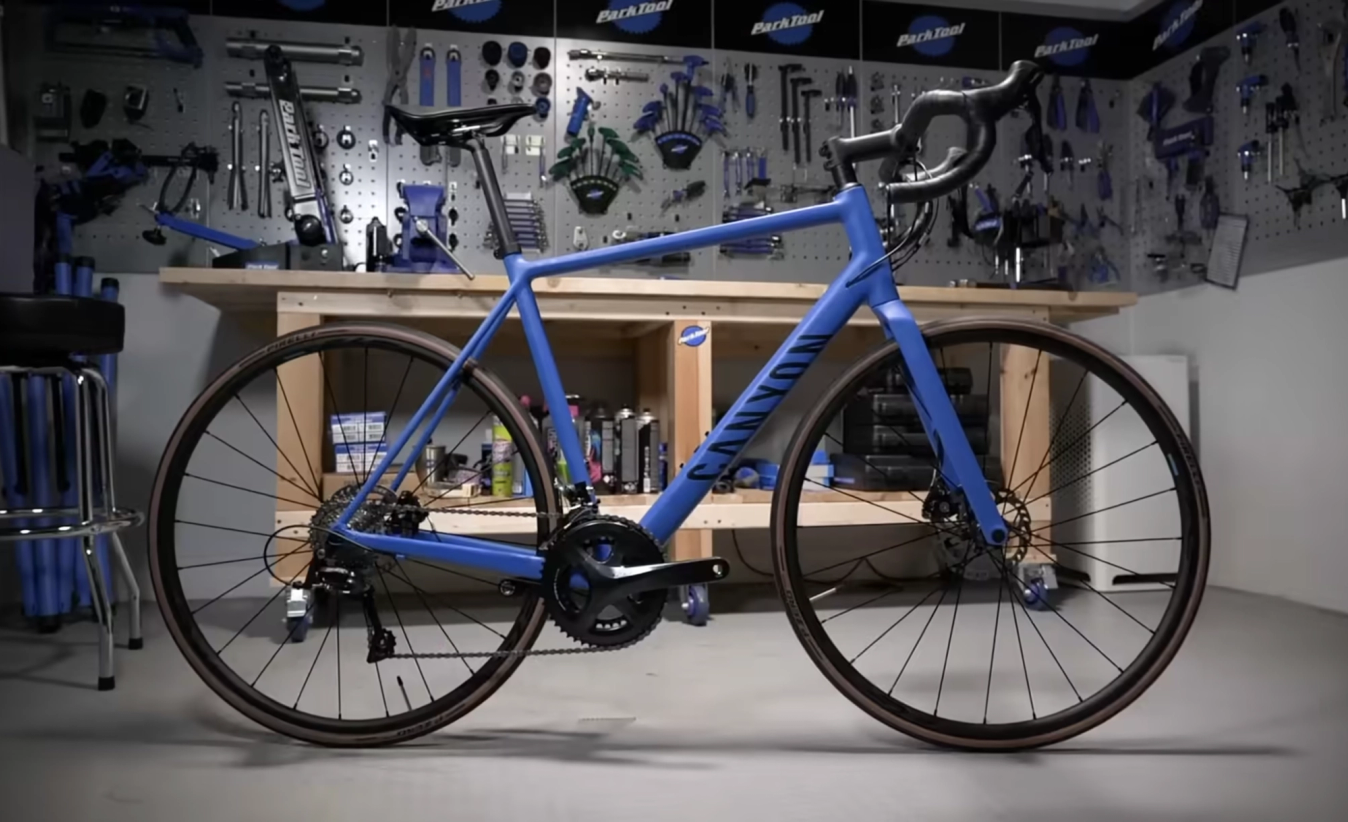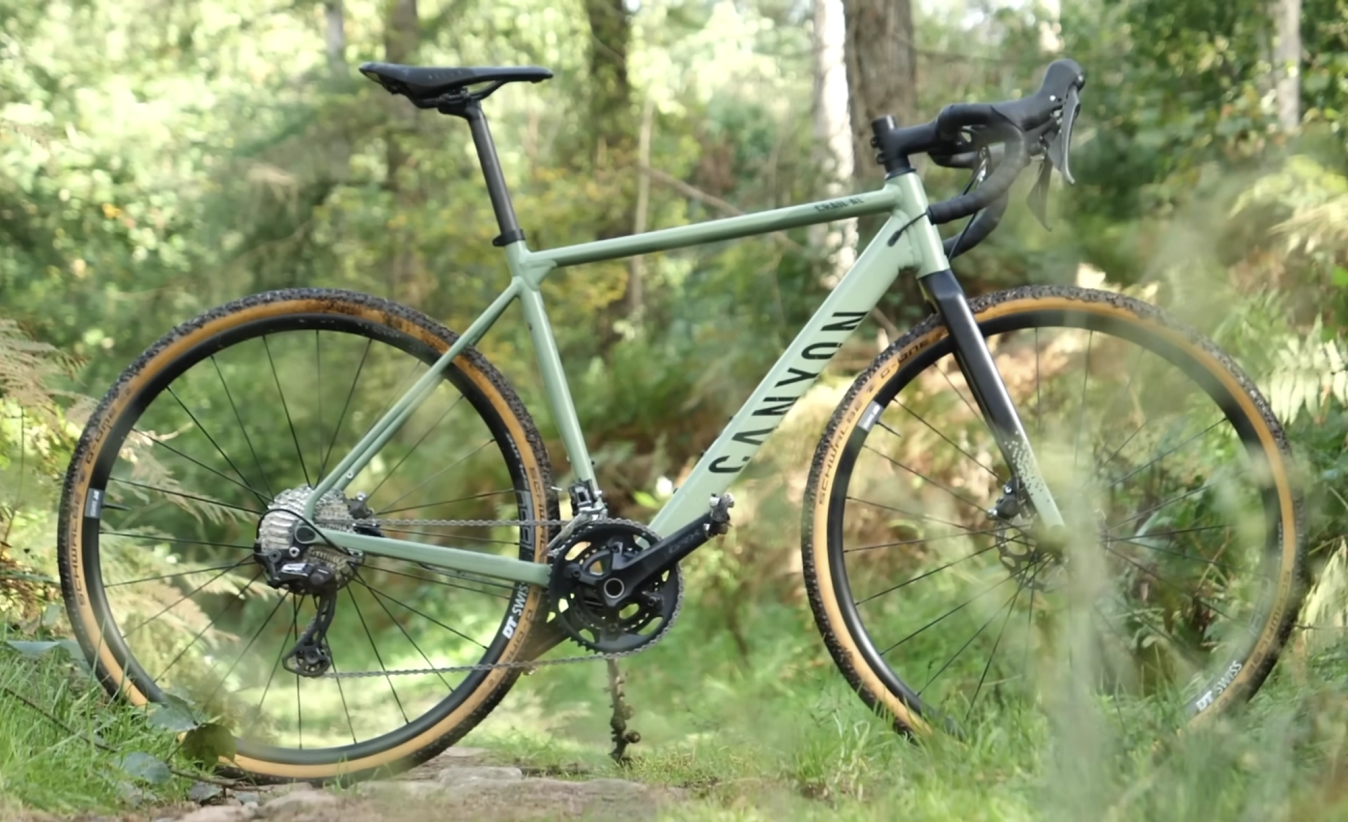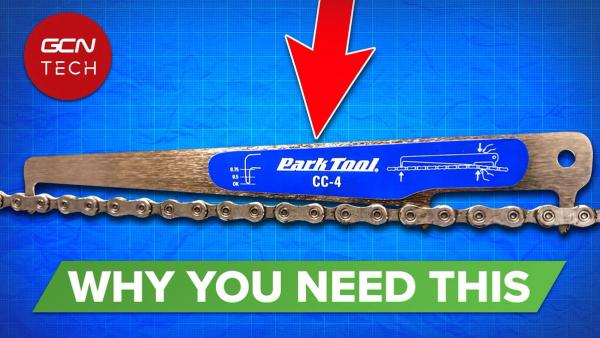What should I buy: a road bike or a gravel bike?
Choosing between a road or a gravel bike can be difficult. We've laid out the pros and cons of each to help you decide
James Howell-Jones
Junior Writer
If you're in the market for a bike, it's one of the first decisions you have to make. Do you plump for the out-and-out speed of a road bike or the versatility of a gravel bike? To get a better idea of which bike is right for you, and which, if any, are best, we've outlined the pros and cons of each type of bike, so you can make the right decision.
Unfortunately, there’s no simple answer to this question, but we’ve given it our best shot. Ultimately, both types offer similar levels of quality for any given price, and choosing between the two comes down to your riding style.
First things first: the price tag
The first thing to clarify here is that at any given price point, a road bike and a gravel bike will come with equivalent level components and an equivalent quality frame. There might be a bit of discrepancy between the two, or a price variation in either direction, but ultimately, they’re going to be broadly similar in quality and price. Of course, they’ll be designed and built differently, but to the same level.

© GCN
Canyon Endurace – a quality entry level road bike
For example, a decent entry level road bike will probably cost about £1,000/$1300/€1200 and come with Shimano 105 groupset, aluminium wheels, a carbon fork, and a fairly good set of road tyres.

© GCN
Canyon Grail AL – an equivalent spec entry-level gravel bike
The same brand may well produce an entry level gravel bike, also costing about £1,000/$1300/€1200 that might come with Shimano GRX 600, aluminium wheels, a carbon fork, and a decent pair of knobbly tyres.
For most brands, a gravel bike and road bike of the same price will be of the same quality. The difference is in the design intent. For the road bike, the goal is to make a bike that’s lightweight, aerodynamic, and agile. On the gravel bike, versatility, durability and stability are key. So that gravel bike will probably weigh more, and it might not be as aerodynamic, but it’ll have off-road capability and extra resilience built in.
Which type is the most useful?
The answer depends on your riding style and chosen terrain.
Gravel bikes are generalists

© GCN
Ribble Gravel SL
Gravel bikes do all kinds of riding fairly well. They can roll fast on the road, they can tackle rough stuff, and they can be loaded up with mudguards, pannier racks and bags for commuting or bikepacking.
For new riders, this multi-functionality is ideal. If you’re just getting into cycling, it’s hard to know what kind of riding you’ll end up doing most of. A gravel bike allows you to dip a toe into each discipline of cycling and get a sense of what’s your cup of tea.
For riders of any experience level who only want one bike, a gravel bike is a good choice. Gravel bikes are quick enough on the road to be used for road riding, and competent and rugged enough to head off-road too. Whatever terrain you find yourself on, you’ll have a bike that will get the job done.
Gravel bikes make brilliant commuter bikes. Usually, they have mounting points for pannier racks and mudguards, both of which are essential for year-round commuting, and their more upright and stable geometry is perfect for navigating traffic or riding with a backpack.
Gravel bikes: the drawbacks
At first glance, it's easy to assume that a gravel bike can do everything that a road bike can do, and everything that a mountain bike can do. If that was the case, then of course, the gravel bike would be the better value: it would mean you’d be getting the functionality of two bikes in one. Ideal!
But it isn’t that simple. Yes, a gravel bike will roll nicely on the roads, but if you’re riding with a group of friends and they’re all on road bikes, you’re going to be working harder than everyone else.
First and foremost, this is because gravel bikes have wide, chunky tyres that roll slower on tarmac. Even if you swap them out for skinny road tyres, though, your gravel bike won't be as fast. Gravel bikes put the rider in a more upright position, and their beefier frames are less slippery in the wind. Gravel gears might not have high enough ratios for fast road riding, and the gaps between gears on a 1x drivetrain might feel clunky when riding on tarmac. Finally, there's the geometry. Gravel geometry is designed to give stability on rough terrain, but it won’t feel as nippy or lively as a road bike on tarmac.
Similarly, while gravel bikes are great off-road, they have their limits. Bridleways, gravel roads and light single track are all within reach, but you’ll struggle to get down anything too gnarly on a gravel bike.
With a gravel bike, you might find yourself stuck in the middle: you’ve got a bike which is worse on road than a road bike, and worse off road than a mountain bike. Riders looking to push the limits and keep up with other riders might end up wishing they had a more specialised machine.
Road bikes are specialists

© GCN
Ribble Endurance SL
On that note, let’s talk about the reasons a road bike is better value. Road bikes are purpose-built for riding on tarmac – they roll fast, they have a close range of gears to help you find a good cadence, and they have aerodynamic frames and fits to help riders cut through the wind. They’re agile and lightweight, they feel lively and quick when riding.
So they might not be great off-road, but they make up for it by being really good at what they’re supposed to be good at: riding on roads. If that’s all you do, or even if that’s 90% of what you do, a road bike is the right tool for you.
For that final 10% or so, you might be surprised what your road bike is capable of. These days, road bikes benefit from mountain bike tech like disc brakes and tubeless tyres, so they're not entirely useless on rough surfaces. Don't expect gravel bike levels of resilience and handling, but for light off-roading every once in a while, a road bike will do the job.
Road bikes: the drawbacks

© GCN
On tarmac, a set of slick tyres go a long way to closing the gravel/road gap
The speed difference between a road bike and a gravel bike is marginal, and with a pair of slick tyres swapped into the gravel bike, it’s very small indeed. Who really needs that extra bit of speed? Perhaps if you race, or if you ride with a particularly fast group, you’ll benefit from that extra nudge of speed that a road bike gives you.
Really though, how many of us does that apply to? For most people, a gravel bike is more than good enough on the road, making the road bike seem to be a bit of a one-trick pony - and therefore a hefty price tag for basically one purpose. Sure, you might like the nippy handling, but when someone suggests a gravel riding weekend, you’re going to be stumped.
So, which is best?
For newer riders, the gravel bike is the most versatile and useful. It might not be quite as fast or refined as a road bike, nor as capable off-road as a full-on mountain bike. But it’s good enough both on and off the road to get you into all kinds of trouble (the good kind). With a gravel bike, no terrain is off-limits.
For riders who have been into cycling long enough to find their niche (and, crucially, that niche is riding on tarmac), a road bike might be a better choice. Sure, it’s a one-trick pony, but that’s because it’s a specialist that does its intended job very well indeed, so it’s perfect if road riding is your main activity.












